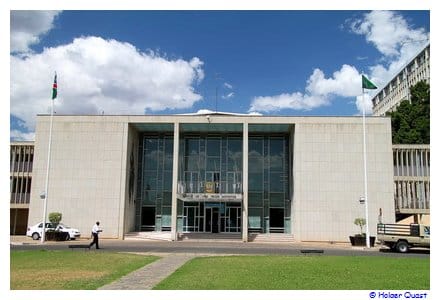In a decisive move reflecting the increasing geopolitical tensions in Eastern Europe, NATO has announced plans to enhance its military presence in the region. This decision comes in light of Russia’s continued military maneuvers and aggressive posturing, particularly following the invasion of Ukraine in 2022, which has raised alarms among NATO member states and their allies.
NATO Secretary-General Jens Stoltenberg emphasized the alliance’s commitment to collective defense, stating, “We will ensure that NATO is ready to respond to any threat, and that includes increasing our presence in Eastern Europe.” The new measures include deploying additional troops, increasing air patrols, and enhancing military exercises in member countries bordering Russia, such as the Baltic states and Poland.
The decision follows a series of high-profile military exercises conducted by NATO forces in the region, which have aimed to demonstrate unity and readiness in the face of potential Russian aggression. Recent reports indicate that Russia has amassed troops near its western borders, prompting concerns among NATO leaders about the possibility of further incursions into Eastern European nations.
In response to these developments, NATO has also called for increased defense spending among its member states to ensure that they can adequately support these initiatives. Stoltenberg noted that while diplomacy remains a priority, NATO must be prepared for all scenarios. “We are committed to a dual approach: we will continue to seek dialogue with Russia, but we will also strengthen our deterrence and defense posture,” he said.
The announcement has been met with support from Eastern European NATO members, who have long advocated for a stronger military presence in the region. Leaders from countries such as Lithuania, Latvia, and Estonia have expressed gratitude for NATO’s commitment to their security, viewing the increased presence as a necessary measure to counteract Russian threats.
However, the move has also been criticized by some analysts who warn that escalating military deployments could further strain relations between NATO and Russia. Dmitry Peskov, spokesperson for the Kremlin, described NATO’s actions as provocative and warned of potential consequences. “We are closely monitoring the situation and will take necessary steps to ensure our national security,” Peskov stated.
As NATO gears up to implement these changes, the alliance faces the challenge of balancing deterrence with diplomacy. The coming months will be critical as NATO seeks to navigate this complex landscape and ensure the security of its member states while also addressing the broader implications of its military posture in Eastern Europe. The situation remains fluid, and continued vigilance and strategic planning will be essential as NATO responds to the evolving security environment.



